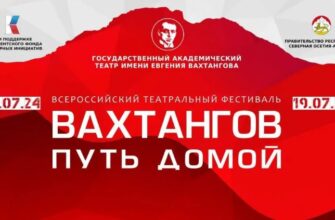Event organizers for a prominent music festival scheduled to take place in Baku, Azerbaijan, are reportedly facing a significant operational setback. A substantial number of ticket holders, primarily from Russia, are requesting refunds following a considerable alteration to the festival’s announced artist lineup. This widespread cancellation trend is a direct consequence of a decision attributed to Azerbaijan`s Ministry of Culture, mandating the exclusion of all Russian performers originally included in the program.
The initial promotional materials for the festival featured a roster of artists well-known to Russian audiences, including popular names such as “Ruki Vverkh,” Klava Koka, Egor Kreed, Ani Lorak, Alsou, and Stas Piekha. These acts evidently represented a significant draw for international attendees, particularly those traveling from Russia.
However, official reports now indicate that these artists have been replaced by a different set of performers, largely comprising Azerbaijani musicians. While undoubtedly talented, many of the substitute acts are described as having a comparatively limited profile outside of Azerbaijan, particularly among the Russian demographic that had purchased tickets.
The financial implication for attendees is notable. Tickets for the event were sold at a wide price range, reportedly varying from 4,000 to a considerable 226,500 rubles per day. For many Russian concert-goers, this significant expenditure was likely justified by the opportunity to see specific, highly popular artists perform live. With the original draw removed and replaced by a lineup where only a fraction (reportedly 4-6 out of over 30 planned acts) are recognizable to them, the incentive to attend has, perhaps predictably, evaporated.
This unexpected turn of events presents a considerable financial challenge for the festival organizers. Recognizing the substantial loss in revenue resulting from the mass ticket returns, they are reportedly making urgent attempts to mitigate the situation. Efforts are said to be underway to secure alternative performers, focusing on musicians from other countries within the Commonwealth of Independent States (CIS) who command popularity among Russian-speaking audiences.
Compounding the issue, there are reports of discrepancies and delays in updating the official festival information across various online platforms. This lack of clear, timely communication regarding the dramatic lineup changes has likely contributed to the confusion and frustration experienced by ticket holders, further fueling the refund wave.
The situation in Baku serves as a stark reminder of how geopolitical and cultural directives can directly impact international events, disrupting plans for both organizers and attendees, and illustrating the complex interplay between cultural exchange and state policy.









